What you need to know about buying NIF bonds
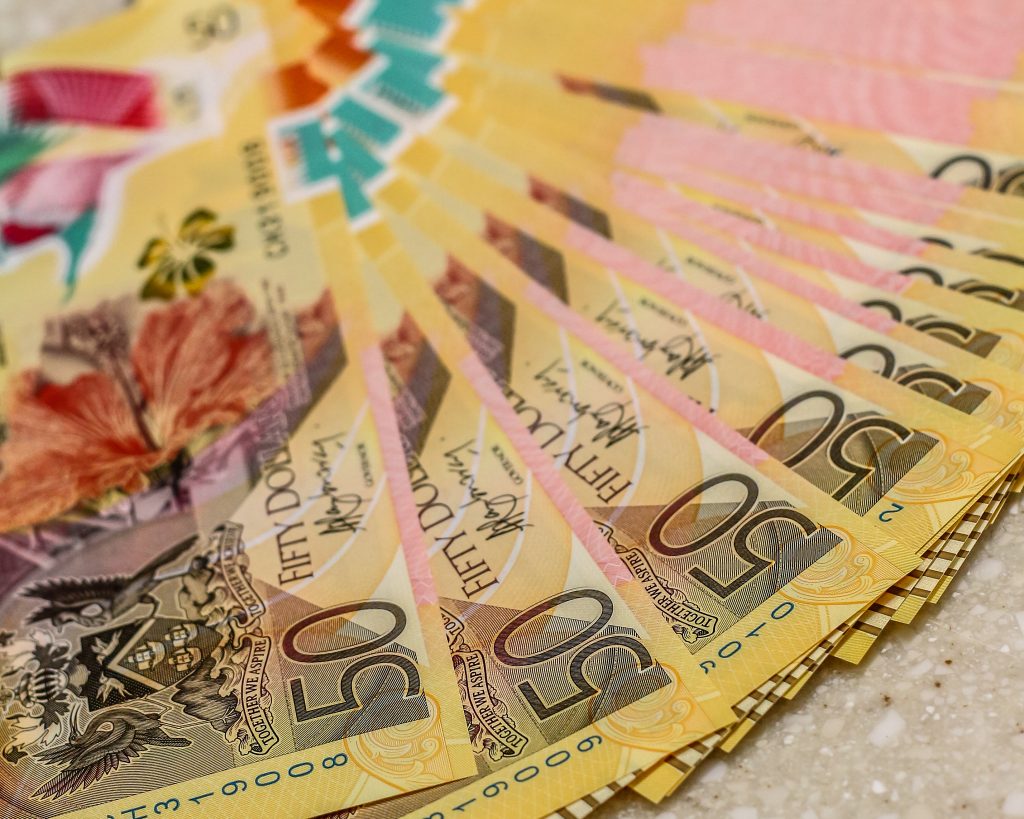
The prospectus for the National Investment Fund (NIF) was released to the public early on Thursday morning.
Newsday spoke with First Citizens Investment Services, General Manager Sana Ragbir, who provided an overview of how potential investors can purchase NIF bonds.
“All investments do carry risk whether it’s a government bond, stocks, or a mutual fund,” said Sana Ragbir, FCIS general manager.
While the NIF bonds are no different, risk often depends on collateral – or the ability to repay the bond; and the bonds in the NIF are backed by assets double their worth.
“As long as the expectation is that these companies remain profitable and provide dividends, there should be sufficient cash flow to service the bonds,” she said.
These bonds are classified as corporate asset-backed bonds, not government bonds, because there’s no explicit government guarantee.
Instead, the $4 billion bonds are backed by the assets in the National Investment Fund Holding Company (NIFHCL), which are worth $7.9 billion, and anchored by companies like Republic Bank and Trinidad Generation Unlimited, which together constitute over 80 per cent of the fund.
“With NIF bonds, as with any investment, it’s always best to consult your stockbroker or financial adviser. They’ll be able to analyse your needs and tell you if this is a risk suitable for you,” said Ragbir.
While the bonds will no doubt be attractive to big institutional investors like pension funds, the target is individuals.
These are the 11 things you need to know if you are considering purchasing NIF bonds:
1. If the initial public offering for the bond is oversubscribed (that is if demand exceeds supply) then individual investors will be given priority; everyone else will receive a pro-rated (proportional) allotment.
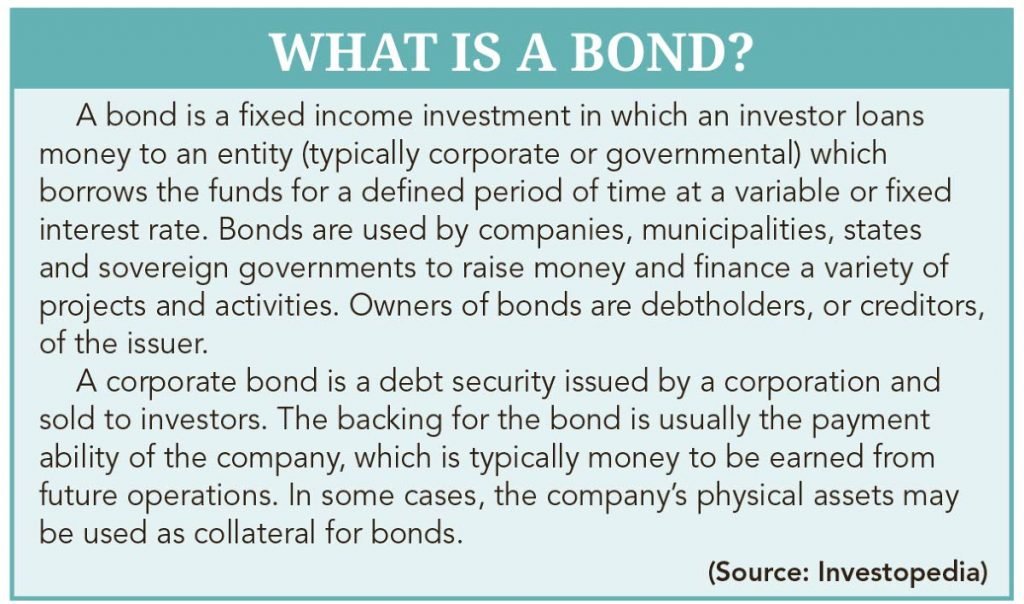
2. First Citizens Brokerage and Advisory Services, a subsidiary of First Citizens Investment Services, is the lead broker handling purchase transactions for the bonds, but they can be purchased at any registered brokerage firm.
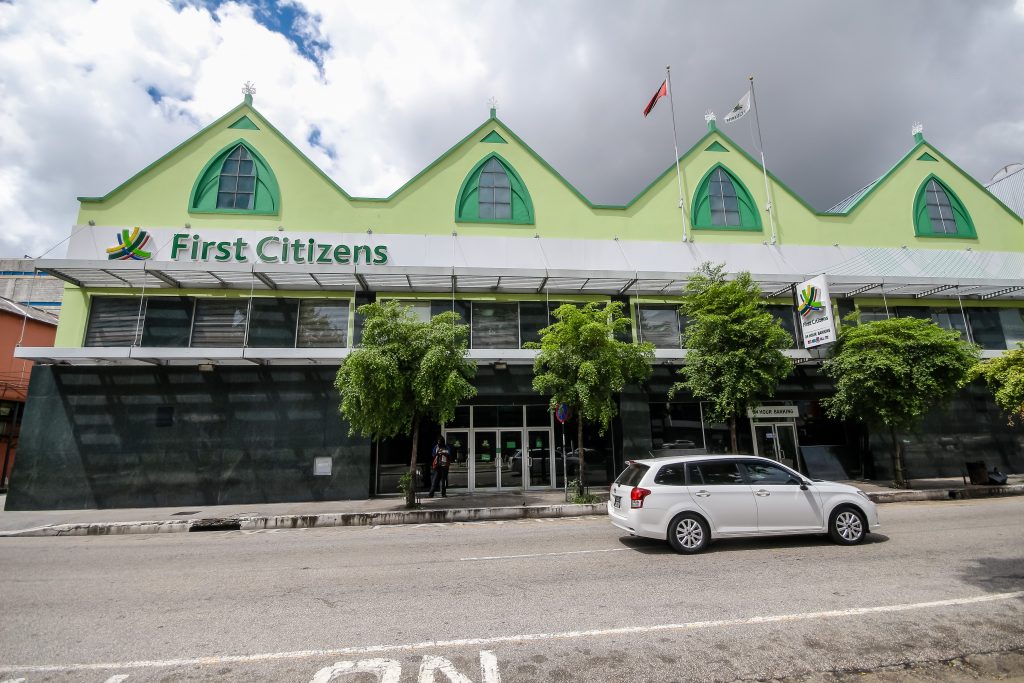
3. The bonds cost $1,000 each and are available in three tranches: five years at 4.5 per cent interest; 12 years at 5.7 per cent interest; and 20 years at 6.6 per cent.
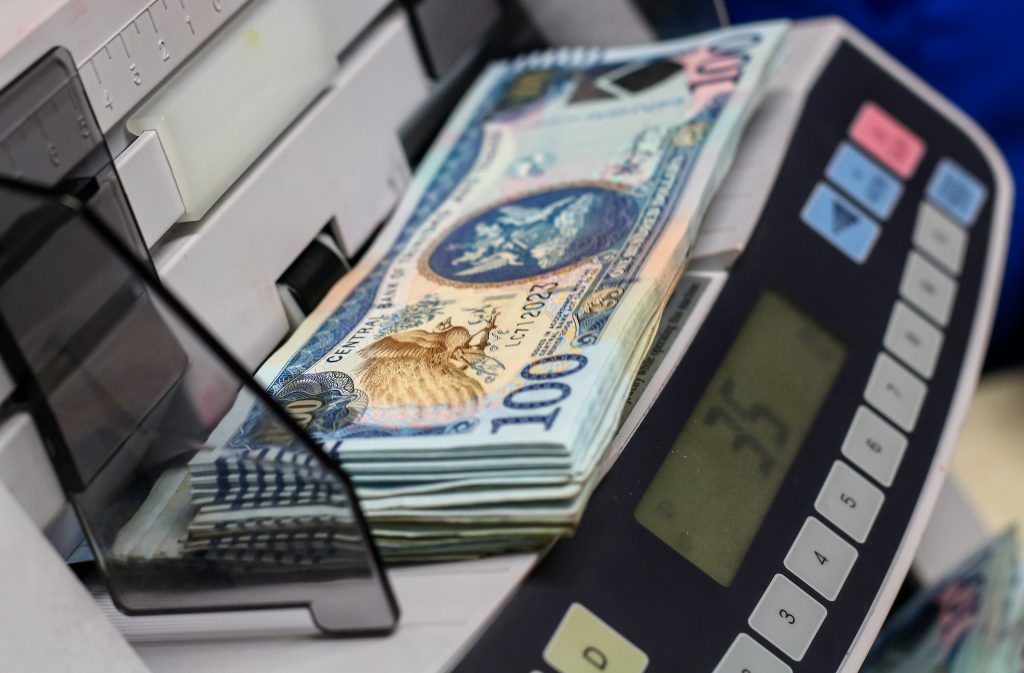
4. Interest income on the bonds is tax-free and will be paid semi-annually, so, using five-year bonds, for example, every six months, investors will receive $22.50 for every $1,000 invested. At the end of the period, the principal ($1,000) will be returned.
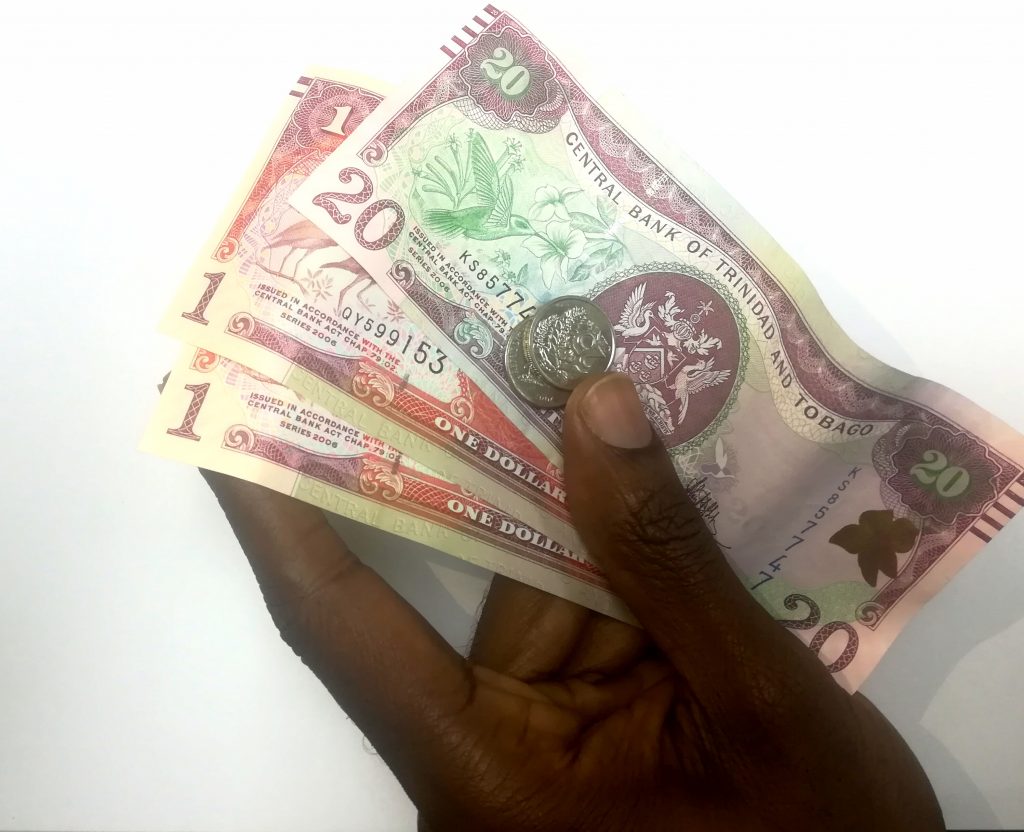
5. For purchases $90,000 and under, people can go to any brokerage firm or any branch of First Citizens to open a brokerage account and buy bonds. Purchases over $90,000 need to be done through a personal broker.
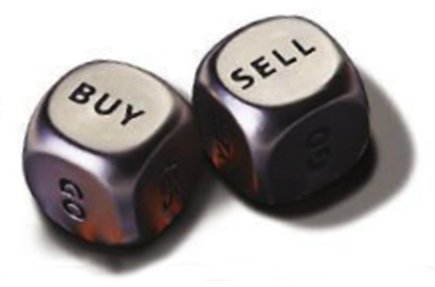
6. The minimum requirements to open an account are a utility bill as proof of address, proof of income, and two forms of government-issued ID.
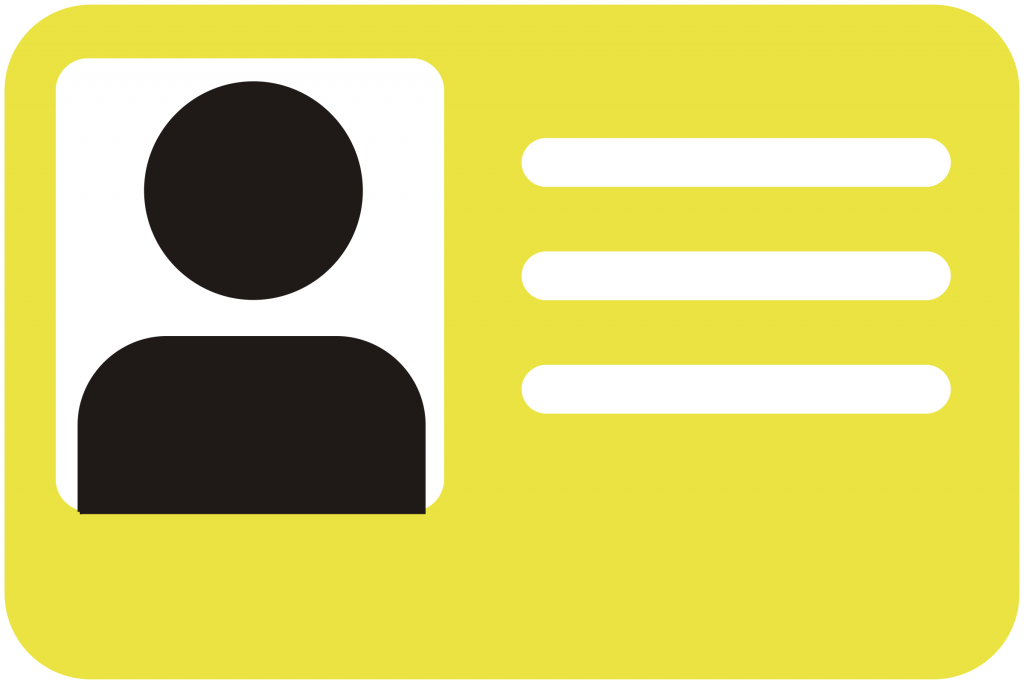
7. Bonds usually come with certificates, but given their denomination, that would mean four million certificates. Instead, they will be issued directly through the TT Central Depository, so investors will need to have a TTCD account – which the broker will open on the investor’s behalf.

8. The bonds will also be traded on the TT Stock Exchange, making them easier to liquidate in a pinch. It will also, hopefully, stimulate activity in the market, making bond trades more transparent and public, instead of via a stockbroker.
9. One of the risks of trading on the TTSE could be interest rate and price volatility in the short term because the traded price will be determined by the market, but if an investor can hold the bond to maturity, that risk is mitigated.

10. Bonds are some of the safest investment instruments. Interest is accrued annually, and at the end of the period, the initial investment, or principal, is returned to the investor.
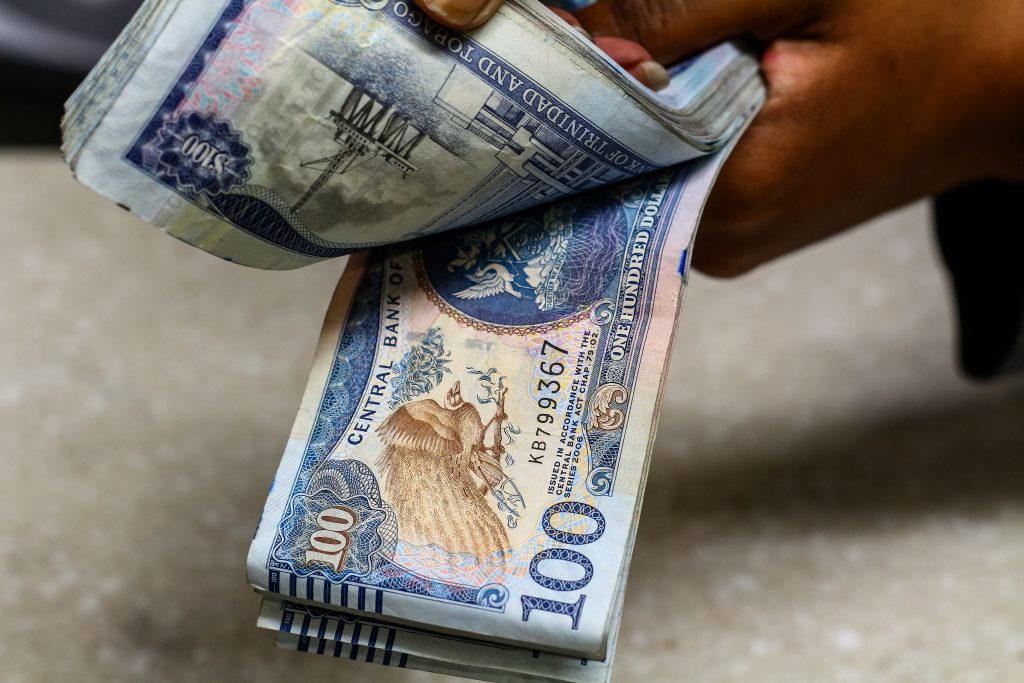
11. The bonds go on offer from July 12; the offer closes on August 8. Notification of allotments will be on August 30, and refunds, if necessary, will be given on September 3. The bonds will be listed on the stock exchange on September 4.

Comments
"What you need to know about buying NIF bonds"